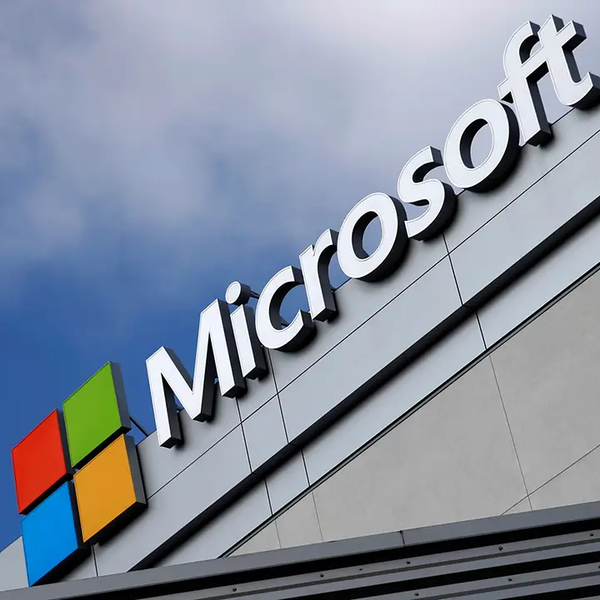News Desk
The News Desk provides timely and factual coverage of national and international events, with an emphasis on accuracy and clarity.
Political dynamics are shifting in India as the Indian National Congress (INC) re-emerges as a robust opponent to the Bharatiya Janata Party (BJP).
Opposition leader Rahul Gandhi is continuously challenging Prime Minister Narendra Modi, revitalizing Congress and drawing considerable public support since the June 2024 elections.
According to India Today’s “Mood of the Nation” survey, Gandhi’s popularity has doubled, while Modi’s approval rating has fallen by 20 percent.
Prominent leaders like Mamata Banerjee and former Delhi Chief Minister Arvind Kejriwal have seen declines in popularity, contrasting with Gandhi’s rising public approval.
Many Indians now see Gandhi as a viable alternative for the next prime minister, sparking speculation on whether Modi will pursue a fourth term in 2029.
Rahul Gandhi, symbolizing India’s longest-standing political dynasty, has leveraged his "Bharat Jodo Yatra," a grassroots campaign reconnecting Congress with diverse communities across India.
Through visits to villages and cities, Gandhi has interacted with farmers, laborers, and marginalized Hindu communities, energizing Congress and rallying 21 million young voters and 24 million minority voters.
Gandhi’s advocacy for youth involvement, secularism, and social justice contrasts with BJP’s Hindutva narrative. His recent U.S. tour, where he engaged with Indian-Americans and U.S. officials, emphasized his stance against the “fear of BJP” and the Modi administration.
As assembly elections unfold in 2025-26, this shift may transform the political landscape, giving Congress a revived role.











Comments
See what people are discussing